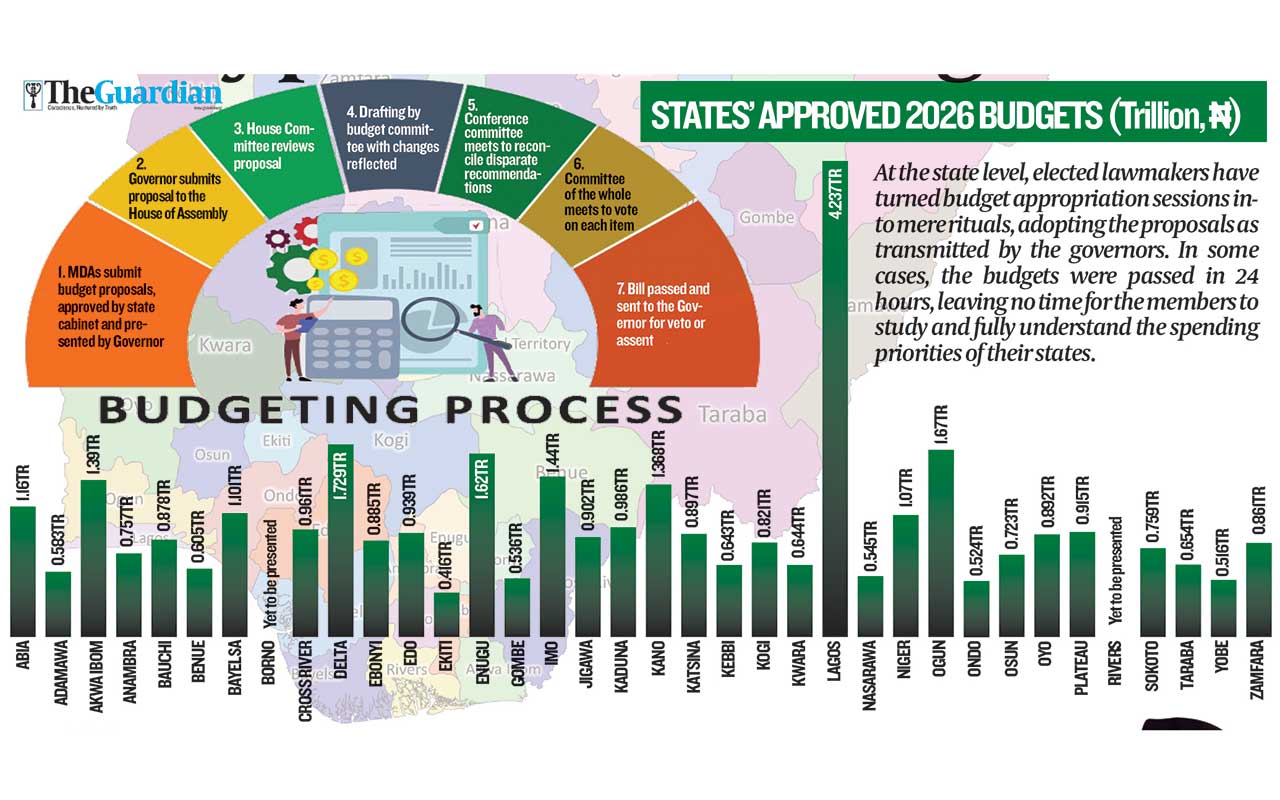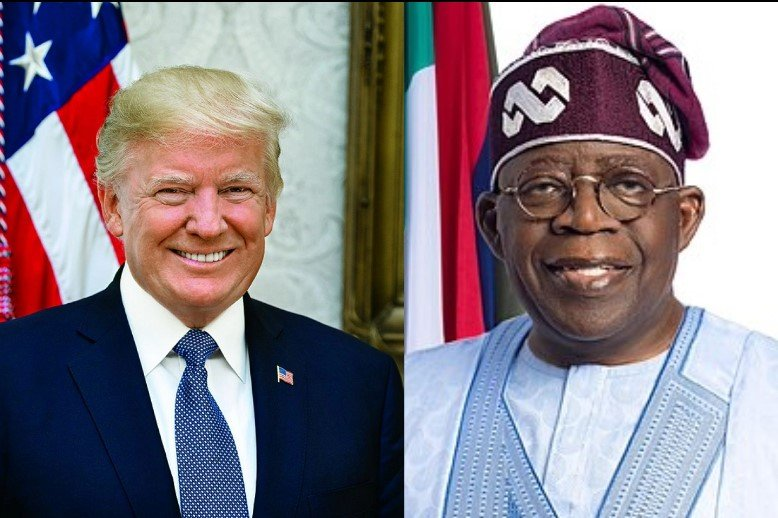PRESIDENT Bola Tinubu has warned that Africa’s economic prospects will remain limited as long as the continent operates in fragmented markets, insisting such disjointed systems “cannot achieve industrial scale, negotiate effectively with global powers, or withstand external shocks.”
He reaffirmed Nigeria’s commitment to building an Africa where borders facilitate, rather than hinder, trade, investment, and economic opportunity.
Tinubu urged African governments to demonstrate the discipline required to modernise their borders in line with the demands of a fast-evolving technological age.
Declaring open the Customs Pact, Partnership for African Cooperation in Trade (C-PACT), on Monday in Abuja, the President said the gathering of leaders and partners from across the continent signals a shared resolve to “discard the old habit of accepting slow borders as destiny.”
Represented by Vice President Kashim Shettima, he noted that African nations exist to complement one another, but size, resources, and talent mean little “if they are trapped behind inefficient borders and fragmented markets.”
He stressed that Africa’s ability to prosper hinges on deeper integration, which strengthens industrialisation, collective bargaining power, and supply chain resilience.
Nigeria, he added, is backing its commitments with real systems and infrastructure, not rhetoric, because “a continental market can only be engineered, not declared.”
Tinubu noted that although African nations had taken a bold step by agreeing to integrate through the African Continental Free Trade Area (AfCFTA), the real test would depend on implementation.
“Success will be judged not by communiqués but by real outcomes: shorter border-crossing times, reliable local-currency settlements, and efficient movement of goods across borders and ports,” he said.
Earlier, the Minister of Finance and Coordinating Minister of the Economy, Wale Edun, represented by the Minister of State Doris Uzoka-Anite, urged African governments to keep dismantling barriers to trade and boost revenue, reaffirming Nigeria’s commitment to customs modernisation and a business-friendly environment.
The Minister of Industry, Trade and Investment, Dr. Jumoke Oduwole, said the Tinubu administration had strengthened fiscal discipline, unified the exchange rate, and remained firmly committed to AfCFTA implementation under the Renewed Hope Agenda.
The World Customs Organisation Secretary-General, Ian Saunders, commended Nigeria’s reform strides and pledged the organisation’s support for efforts to facilitate legitimate trade across Africa.
Afreximbank Executive Vice President, Kanayo Awani, endorsed ongoing modernisation initiatives by customs administrations across the continent.
Comptroller-General of Customs, Bashir Adewale Adeniyi, called for deeper cross-border collaboration, saying, “We cannot continue to work in silos.”
He noted that the Abuja engagement aims to strengthen customs participation in AfCFTA and enhance dialogue with the private sector.
AfCFTA Secretary-General, Wamkele Mene, assured that the Secretariat would work closely with the Nigeria Customs Service to ensure C-PACT’s objectives translate into tangible outcomes.






